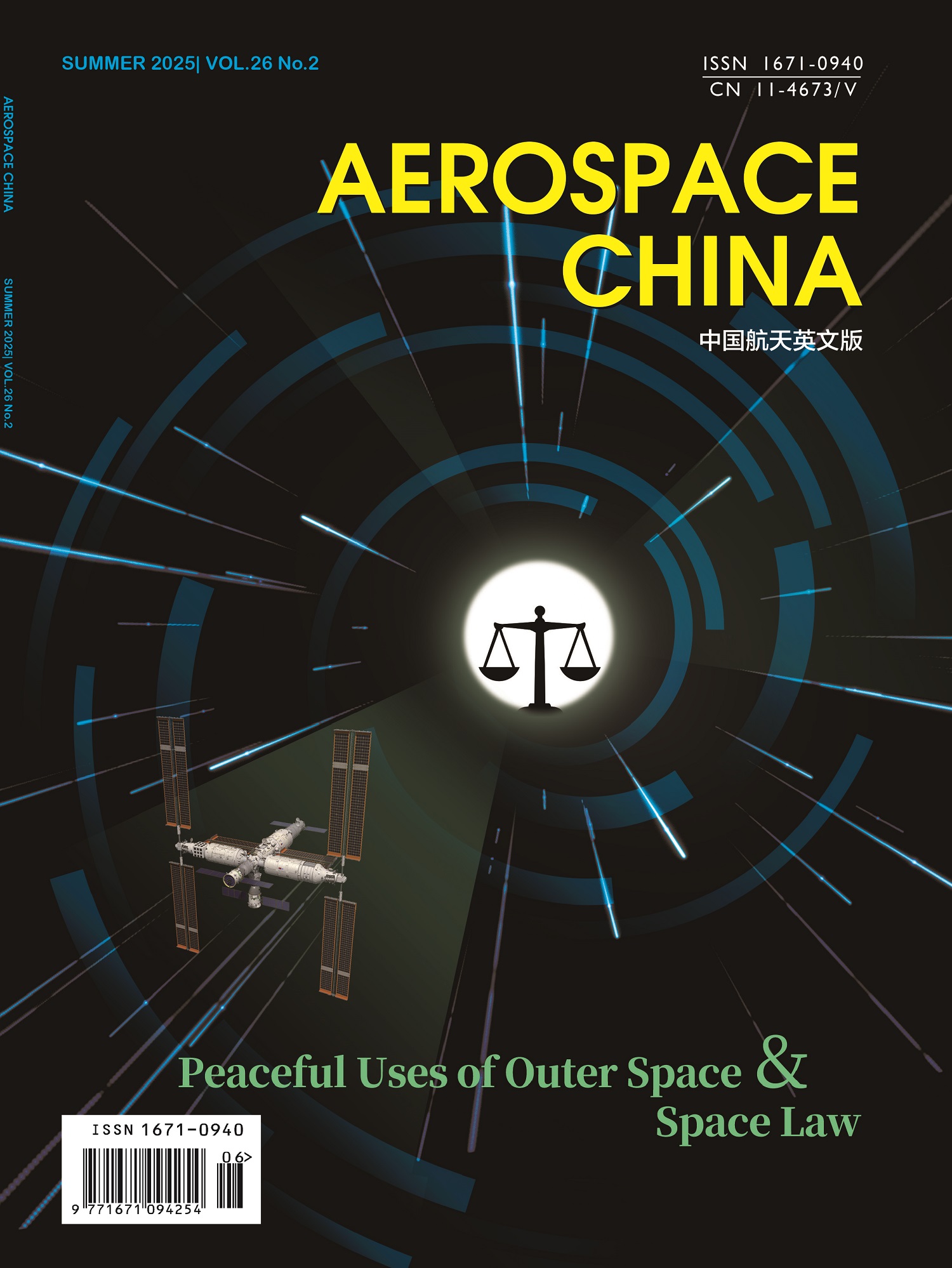The First International Deep Space Exploration Conference (Tiandu Forum) was held April 25, 2023 in Hefei, a province of China. Under the theme of “Win-Win Cooperation, Fly to Space”, the conference focused on introducing China’s deep space exploration plan and promoting in-depth cooperation on the International Lunar Research Station (ILRS). Dr. Ferhat Fikri ÖZEREN, Deputy Secretary-General of Asia-Pacific Space Cooperation Organization (APSCO), attended the Engineering and Tehnology Sub-Forum of the conference and shared his opinions about the development on deep space exploration and space capability of developing countries.



